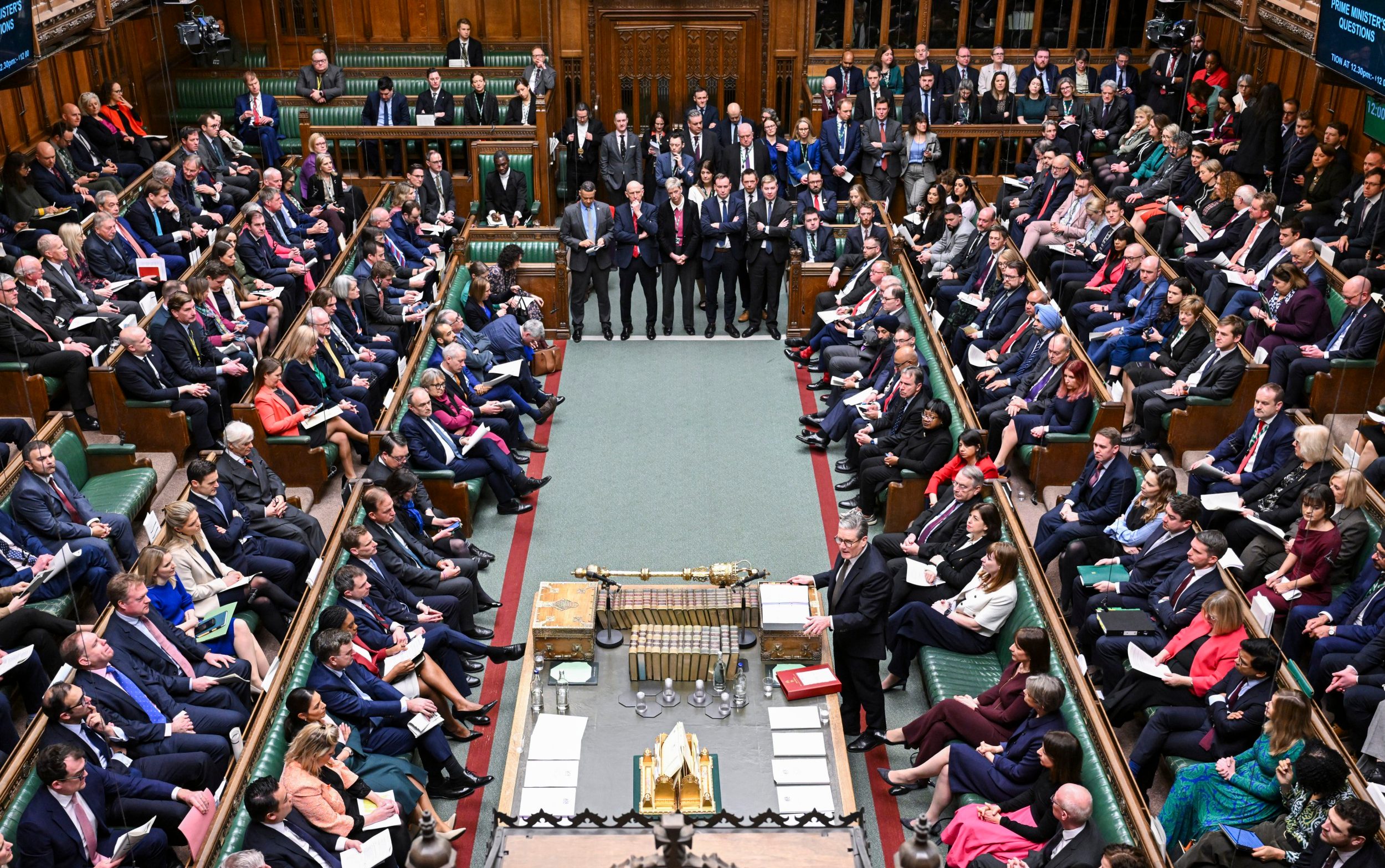
The parliamentary watchdog is facing a backlash after handing MPs a pay rise of more than £2,500 .
On Monday, the Independent Parliamentary Standards Authority (IPSA) confirmed that MPs’ pay will go up by £2,558 – a rise of 2.8 per cent.
The increase is just below the three per cent inflation rate and means their pay will reach £93,904, up from £91,346. MPs received £79,468 a year at the start of the previous parliament in 2019.
IPSA has defended the decision, saying it recognised the “vital” role of MPs – but the rise, amid rising living costs and billions of pounds of public spending cuts , has prompted anger.
Rachael Maskell, the Labour MP for York Central, told The Telegraph: “I did respond to the IPSA to make the case that there should be no rise and that MP pay should be cut.
“I am really not comfortable with MPs getting more when so many people are struggling. Of course it will go to charitable organisations who are struggling too.”
The backlash extended across the political spectrum. John O’Connell, the chief executive of the TaxPayers’ Alliance, said: “Taxpayers will be frustrated that, while their own income is squeezed, MPs will face no such hardship.
“Despite overseeing a soaring tax burden and crumbling public services, Britain’s politicians are once again being rewarded despite their litany of failures. MPs’ pay should be tied to GDP per capita, so that their earnings rise only when the country prospers.”
The Parliamentary Standards Act means IPSA must also conduct a wider review of MPs’ salaries in the first year of a new Parliament, meaning it had to act by early July at the latest.
When the pay increase was first announced towards the start of February, Richard Lloyd, the chairman of IPSA, insisted it struck the right balance, saying: “IPSA has been responsible for deciding MPs’ pay since 2011. Since then, our aim has been to make fair decisions on pay, both for MPs and the public.
“Our pay proposal for 2025-26 reflects the experience of the wider working public sector population, and recognises both the vital role of MPs and the current economic climate.”
IPSA is independent of the Government and takes into account a range of factors when it decides how much to increase MPs’ pay by. These include national statistics on pay and reward in the public sector, as well as the wider economic backdrop .
On its website, the watchdog admits that MPs’ pay is a “contentious topic” but said it did enough research to decide on an “appropriate” salary.
“MPs’ salaries and pensions are the only remuneration MPs personally receive from us,” it said. “Business costs – such as staffing and office costs – are provided to enable MPs to work from two locations and fully fulfil their parliamentary duties to support and represent their constituents.”
Sir Peter Bottomley, the former Conservative MP for West Worthing, came under fire when he suggested in 2021 that MPs should be paid the same as GPs – around £100,000.
Play The Telegraph’s brilliant range of Puzzles - and feel brighter every day. Train your brain and boost your mood with PlusWord, the Mini Crossword, the fearsome Killer Sudoku and even the classic Cryptic Crossword.